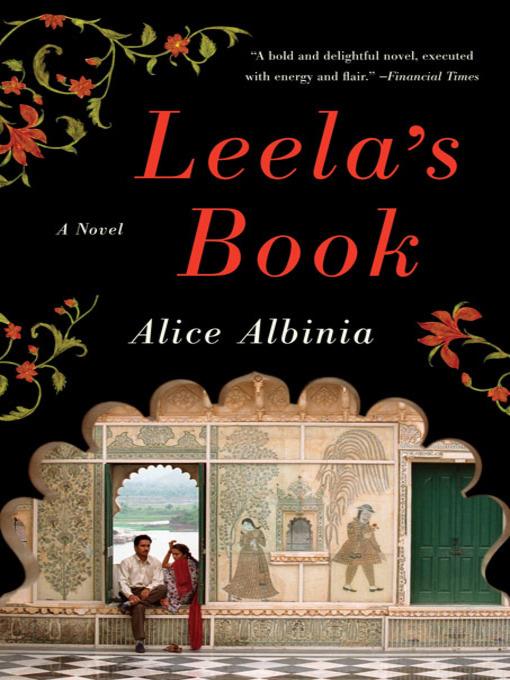
Leela's Book
A Novel
کتاب های مرتبط
- اطلاعات
- نقد و بررسی
- دیدگاه کاربران
نقد و بررسی

November 15, 2011
British travel writer Albinia's (Empires of the Indus, 2008) first novel retells the Mahabharata in present-day Delhi. The author makes the epic accessible to less knowledgeable Westerners while keeping its large scope. Elephant-headed Ganesh, the traditional scribe of the Mahabharata, narrates. He summarizes the original epic while explaining how its composer Vyasa, Vyasa's second wife Meera, the slave girl Leela whom Vyasa impregnated and a slew of secondary characters have reappeared through the ages, reliving the original story of egotism, sexual conquest and intrigue, as well as love and loyalty. In his current incarnation, egotistical, womanizing Vyasa is a professor, internationally famous for his controversial take on ancient texts. He has raised his twin son and daughter alone since the death of his wife Meera, whose poetry he published posthumously to great acclaim. Now his son is marrying the daughter of a reactionary right-wing Hindu named Shiva, whose moral rigidity is pure hypocrisy. Meera's adopted sister Leela lives in New York City with her husband Hari, who happens to be Shiva's brother. After 20 years of self-imposed exile, Leela returns to Delhi with Hari to attend the wedding. But she has never told Hari, a sweet-natured businessman, that she knows Vyasa, or anything about her past. A poor orphan, she was adopted by Meera's parents and raised as Meera's sister. The two girls were inseparable until Meera fell in love with the young professor Vyasa, a proponent of free love; attracted to both Meera and Leela he unwittingly impregnated them both. Meera pretended both children were hers and cut off communication with Leela before her death when the "twins" were toddlers. Leela comes face-to-face with her past at the Midsummer's Night Dream of a wedding that causes all the characters to discover their true selves for good or ill. Lively, involving and largely cheerful (despite a graphic rape), but how readers respond will depend in part on their reaction to a white British woman presuming to author sharp satire of Indian culture.
(COPYRIGHT (2011) KIRKUS REVIEWS/NIELSEN BUSINESS MEDIA, INC. ALL RIGHTS RESERVED.)

August 1, 2011
When the unsettlingly alluring Leela arrives in Delhi from New York to attend the wedding of self-satisfied Vyasa, who once seduced her sister, she upsets everyone. In the end, though, it's the elephant-headed god Ganesh running the show. Albinia, who here hints at the Mahabharata, won a passel of awards for Empires of the Indus (e.g., the Somerset Maugham Award), so I'm expecting the writing here to be both richly and authentically detailed. Plus, who doesn't love books about India?
Copyright 2011 Library Journal, LLC Used with permission.

January 1, 2012
A big, sprawling tale centered on a wedding that brings two families together, Albinia's second novel is inspired by theMahabharata, the classic Indian epic. The epic's narrator, the god Ganesh, tells of two sisters, Leela and Meera, who have reincarnated together throughout the ages. In this current iteration, Meera married a vain scholar, Vyasa, who published her poetry after her death. Leela, estranged from Meera after her marriage to Vyasa, married Hari, a wealthy businessman, and fled India for New York. Now, 25 years later, the marriage of Meera and Vyasa's son, Ash, to Hari's niece, Sunita, brings Leela reluctantly back to India, much to the delight of Vyasa, who has secretly been carrying a torch for Leela. The reunion forces Leela to confront not only the reason behind her estrangement from Meera but also a long-held secret. And Leela's not the only one with a secret: Ash has feelings for someone other than his bride, while Sunita's father commits a heinous act after the wedding. An enticing tale filled with colorful characters and surprising twists.(Reprinted with permission of Booklist, copyright 2012, American Library Association.)

























دیدگاه کاربران